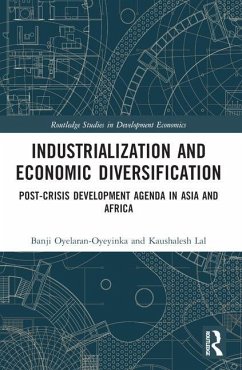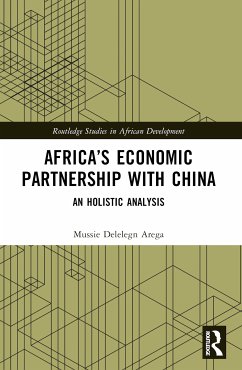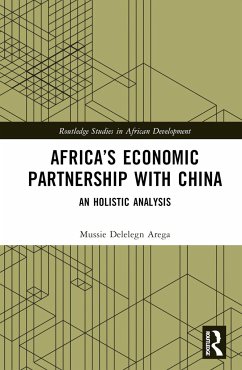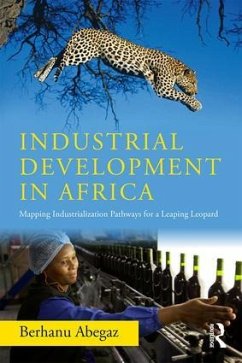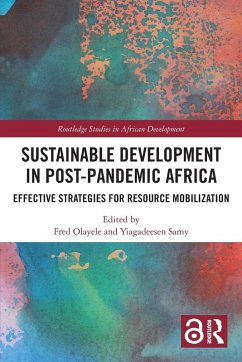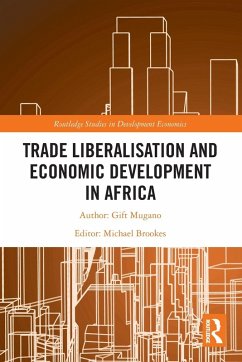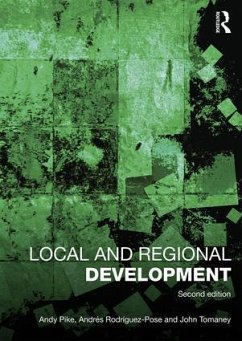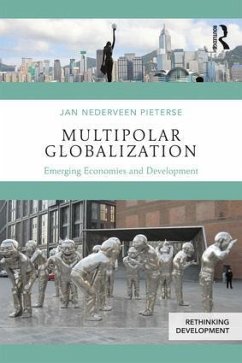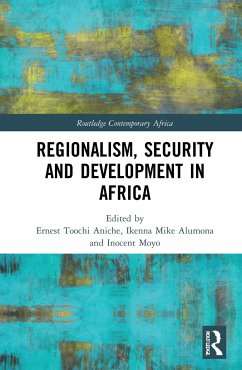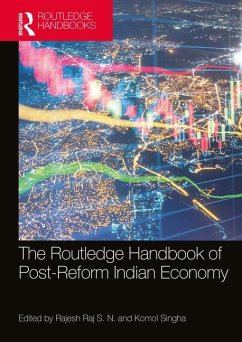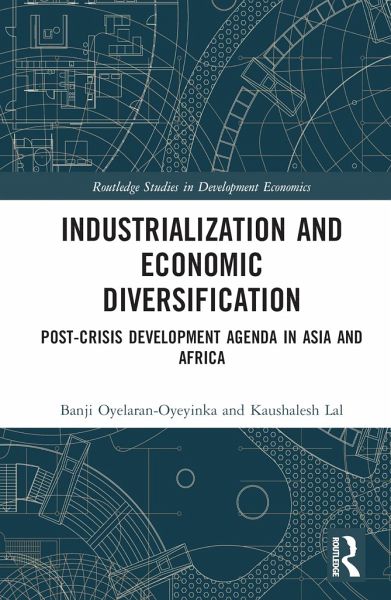
Industrialization and Economic Diversification
Post-Crisis Development Agenda in Asia and Africa
Versandkostenfrei!
Versandfertig in 6-10 Tagen
154,99 €
inkl. MwSt.
Weitere Ausgaben:

PAYBACK Punkte
77 °P sammeln!
Economic diversification entails a shift away from a single income source toward multiple income sources from an increasing spectrum of sectors and markets. A persistent concern for some Asian and African economies is their reliance on commodity exports and how they are exposed to the risk of export volatility and income instability. The Covid-19 pandemic and previous oil crashes have demonstrated the adverse impact on such economies. This book provides a systemic analysis of sustainable economic development through economic diversification.The book analyzes diversification and development exp...
Economic diversification entails a shift away from a single income source toward multiple income sources from an increasing spectrum of sectors and markets. A persistent concern for some Asian and African economies is their reliance on commodity exports and how they are exposed to the risk of export volatility and income instability. The Covid-19 pandemic and previous oil crashes have demonstrated the adverse impact on such economies. This book provides a systemic analysis of sustainable economic development through economic diversification.
The book analyzes diversification and development experiences from comparative perspectives of Asia and Africa. It also investigates determinants of export diversification differentiated by commodities-dependence versus manufactured products and looks at the roles of various institutions and governance of institutions in export diversification.
This book will provide policy insights into how different degrees of specialisation in exports across countries have affected outcomes in terms of living standards, economic growth and employment.
The book analyzes diversification and development experiences from comparative perspectives of Asia and Africa. It also investigates determinants of export diversification differentiated by commodities-dependence versus manufactured products and looks at the roles of various institutions and governance of institutions in export diversification.
This book will provide policy insights into how different degrees of specialisation in exports across countries have affected outcomes in terms of living standards, economic growth and employment.




